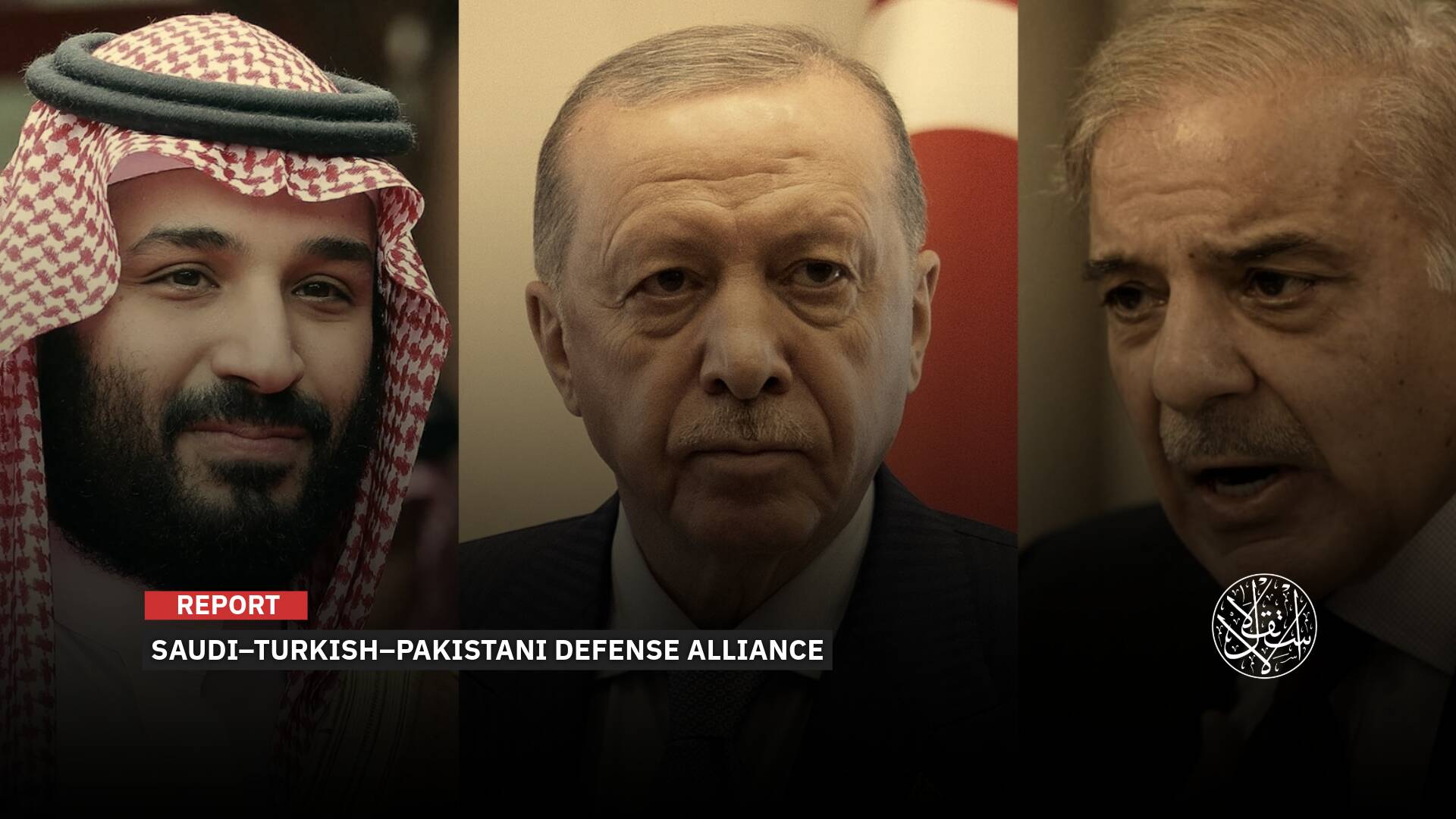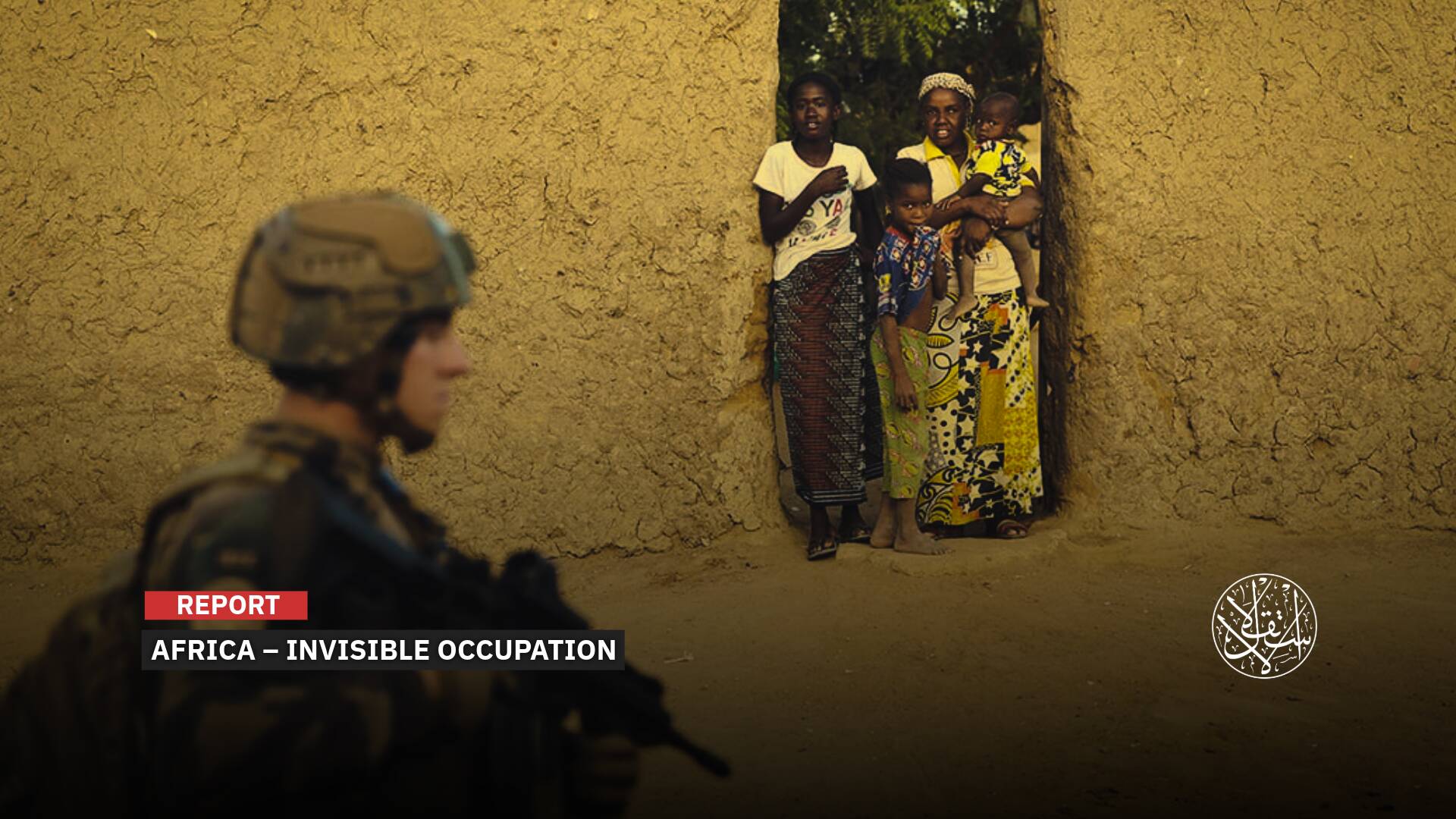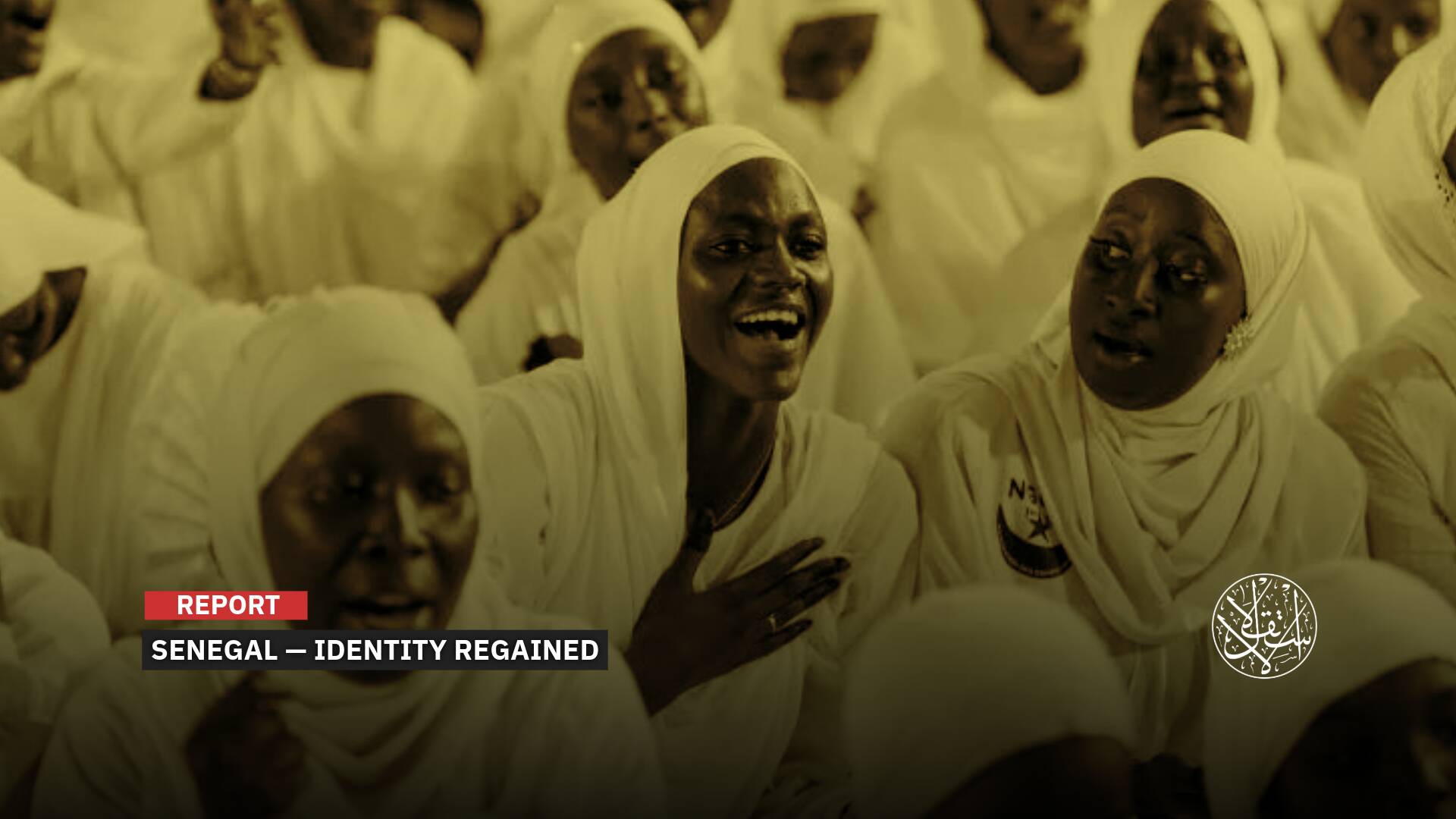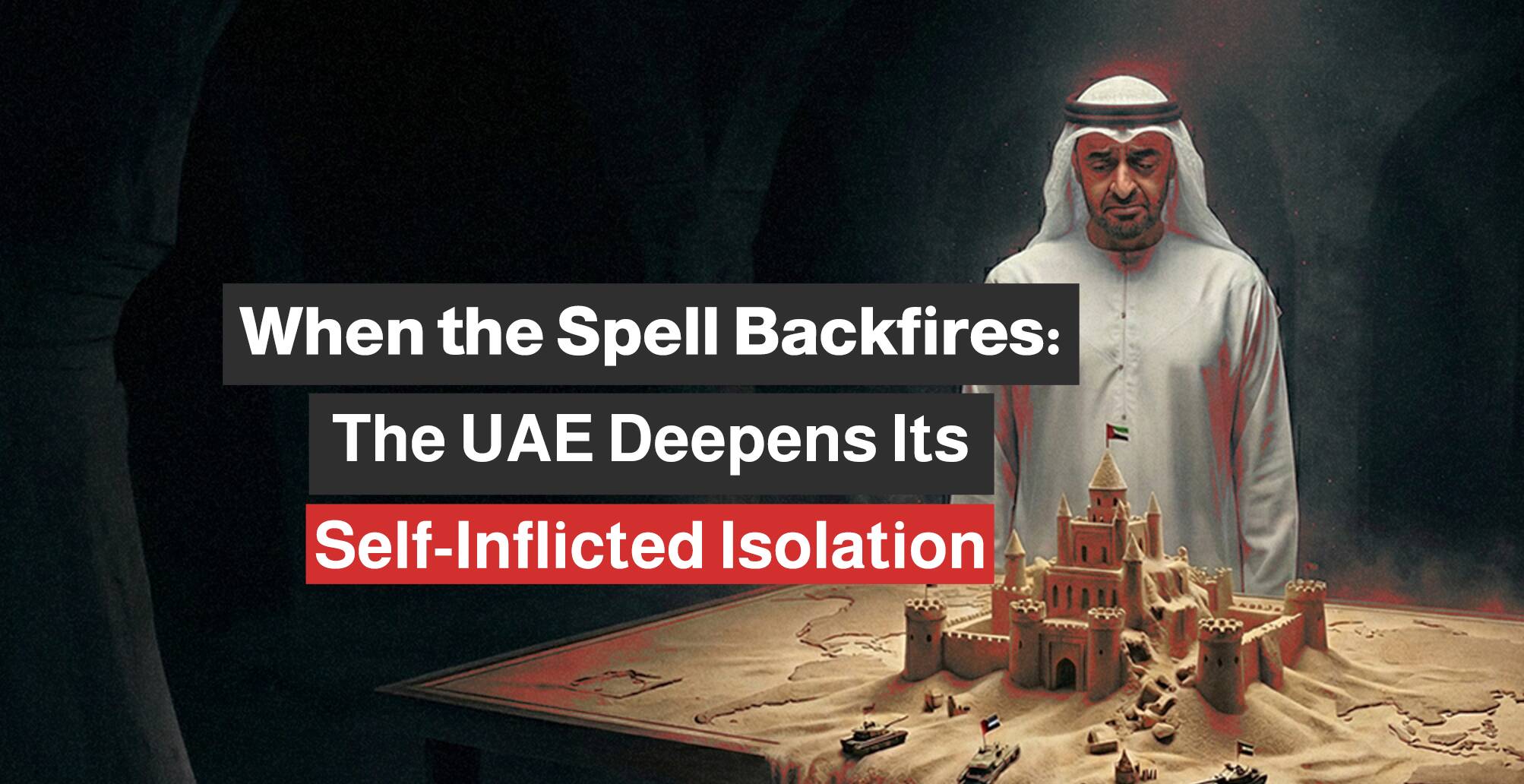Islam in Chile; Learn About the Secret of Its Widespread Among Popular Circles

Despite its remoteness, South America's Chile, with a population of nearly 20 million, has become a place referred to as a center of Islam and Muslims on the Latin continent, where the Islamic presence has witnessed a remarkable increase, according to reports and research by communities there.
Chile's active Muslim community is largely based in the capital Santiago, but throughout the country there are mosques and multiple centers that receive Muslims and those who wish to learn about religion.
Despite differences in nationalism and trends within Muslim communities, they have joined forces to lay the foundation stone for Islam in Chile, which has become a model for the rest of Muslim communities in South American countries.
Incubator for Muslims
On September 19, 2021, The Confederate, Australia’s website published an article by two researchers specializing in Middle East sciences, clearly monitoring the growing number of Muslims in the Latin country, and increasing their influence through a number of religious and social activities.
In particular, they described Chile as "becoming one of the most prosperous and stable countries in South America, and part of the expanding Muslim world."
According to the Australian website, some 5,000 people convert to Islam in Chile, most of whom live in Santiago and The City of Iquique.
There are a number of Islamic organizations in Chile, based on the service of the Muslim community, including the Islamic Society, the Mosque of Peace in Santiago, the Bilal Mosque in Iquique, and the Mohammed VI Cultural Centre in Coquimbo.
Muslims in Chile were not alone, but were heavily involved in the general community, carried out charitable work, and organized celebrations and events linked to the Islamic religion in mosques, particularly Santiago.
The site noted that the increase in the number of Muslims, as a result of the conversion of non-Muslims from the Chilean people to the Islamic religion.

The Beginnings of Islam
According to Spanish historian Aurelio Díaz Meza, the story of Islam began in Chile, when the explorer Diego de Almagro, a Muslim Moorish son who was persecuted in Spain after the fall of Andalusia, emigrated to South America along with a number of Muslims, and became one of those who influenced the construction of Chilean civilization, but the Islamic presence soon faded over time.
The effects of the Islamic civilization in Andalusia were reflected in The Islamic civilization, construction, and culture in Chile, and in 1856 Islam returned to Chile, with the arrival of Arab immigrants from Syria, Lebanon, and Palestine, who founded the Union of Muslim Society.
In 1926, the Establishment of the Islamic Centers, an institution that has continued to be an official umbrella for Muslims, was established, and in 1989 the efforts of the Muslim community in Santiago resulted in the laying of the foundation stone for the Peace Mosque, which can accommodate some 1,500 worshippers.
The mosque, which is distinguished by its high minaret and loudspeakers, organizes several public activities, and has official ties to the Chilean state and the presidential institution.

Why Chile?
"Muslims and Arabs in Chile have an active and strong presence, and Palestinians represent about 2 percent of the total population, a relatively large number of Muslim communities in that country," said Ammar Mutawa, a Latin American researcher.
"In a broader view, the Islamic concentration in Latina (South America) is geographically divided, the Lebanese in Brazil, and the Palestinians in Chile," he said in an interview with al-Estiklal.
"The Palestinians came to Latina several years after the Lebanese, choosing to be stationed in Chile to escape the crowding of the Lebanese in Brazil, and Chile's relatively strong economic situation has lured them to settle there," Mutawa said.
"The other reason for Muslim activity there is political, because of the Chilean left's long-standing control of the country and its solidarity with the Palestinian right against Israel, as well as a welcoming country for Muslims and Muslim communities, and there is no racism or counter-religious tendency," he said.
"If a mosque or Islamic center were to be built everywhere, there would be no problem, but what hinders this is not Chile’s government or people, but the poor Islamic supply and interest in advocacy from the Muslim countries themselves, where they rush to Europe or Africa, ignore South America, and if the call was spent there with a saw spent elsewhere, the returns would be wider."
Returning to Chile, Mutawa said that "the concentration of Palestinian-Muslim citizenship in Chile has contributed to the prosperity of Islam, especially since they have been active on more than one level, particularly economically."
"Indeed, a well-off Muslim founded a sports club there called Palestino, which is a very smart step, because these people are fond of football, and getting into them from this door is essential, so that because Qatar won the World Cup, people started to care about Arabs and that region," he said.
However, according to Mutawa, it should be stressed that despite Islamic progress in Chile, but it takes a lot of effort, and that the reality is not good enough, there is no Islamic electronic platform or satellite channel that talks about Islam and Arabs in Latin, while Islamic centers use classic ways of introducing Islam through brochures and the like, if any in the first place."
"The great institutions of the Muslim world should unite to exist more in South America and play an active role in these countries, which could be the first of a new Islamic world," he said.
Different Texture
"We must recognize that the Islamic presence in South America in general has been active for a long time, and Brazil and Chile in general form a different fabric for Muslim communities, in these difficult countries, other than Europe, the United States and Canada, this is another world, governed by different laws," said Lebanese preacher Abdelmalek Samaha, imam of a mosque in São Paulo.
"When it comes to Islam in Chile, it is different from other countries, being relatively small, and Muslims who initially migrated to it did not fully integrate before the formation of real economic and cultural entities and ties, unlike a country like Brazil, which is vast and governed by a federal system, with a huge population of more than 200 million people," Samaha said.
"The absence of a major Islamic association in South America, which introduces people to Islam and its virtues, and nurtures the conditions of Muslims, like Europe, even the role of Islamic institutions such as Al-Azhar, has diminished significantly, after sending imams and delegations, there are no advocacy convoys and the assignment of the imam to the salary that prays with people and holds rituals," he said in an interview with al-Estiklal.
"If this role was not currently played by Turkey and Pakistan, the link with the distant Muslim world would not have been broken," he said.
"There is a need to create religious bodies that will be the front of Islam, that can spread the da'wa and introduce Latin peoples to Islam, other than the individual efforts that have made a difference, as happened recently in Chile, which must serve as a model for the rest of the Muslim communities in the peoples of the Latin continent," Samaha said.










